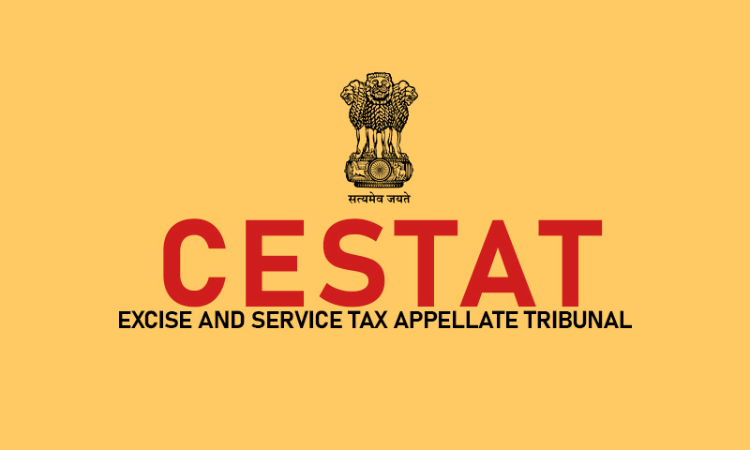No Excise Duty Payable On Manual Segregation Of Scrap: CESTAT
Mariya Paliwala
11 Feb 2023 8:30 AM IST

Next Story
11 Feb 2023 8:30 AM IST
The Delhi Bench of the Customs, Excise and Service Tax Appellate Tribunal (CESTAT) has held that excise duty is not levied on manual segregation of scrap.The two-member bench of Binu Tamta (Judicial Member) and P. V. Subba Rao (Technical Member) has observed that the respondent was neither manufacturing nor producing the plastic scrap. The plastic scrap already exists, and the respondent is...
